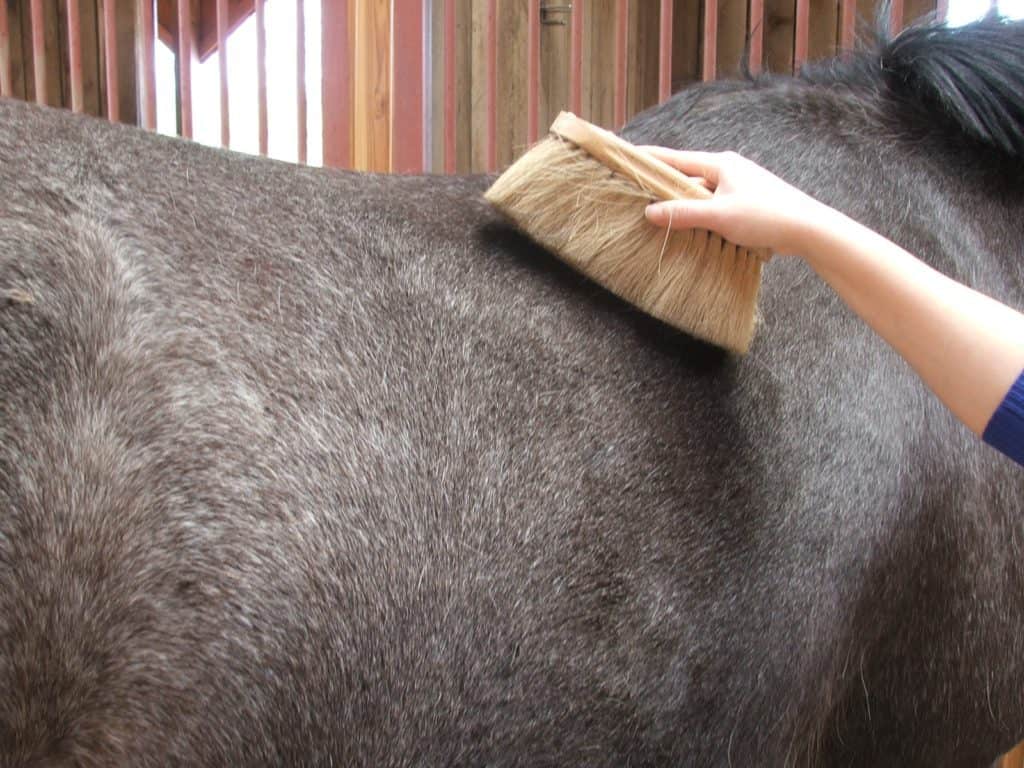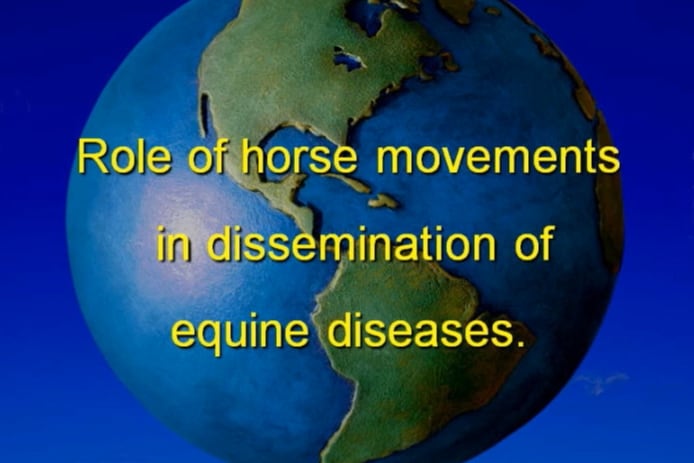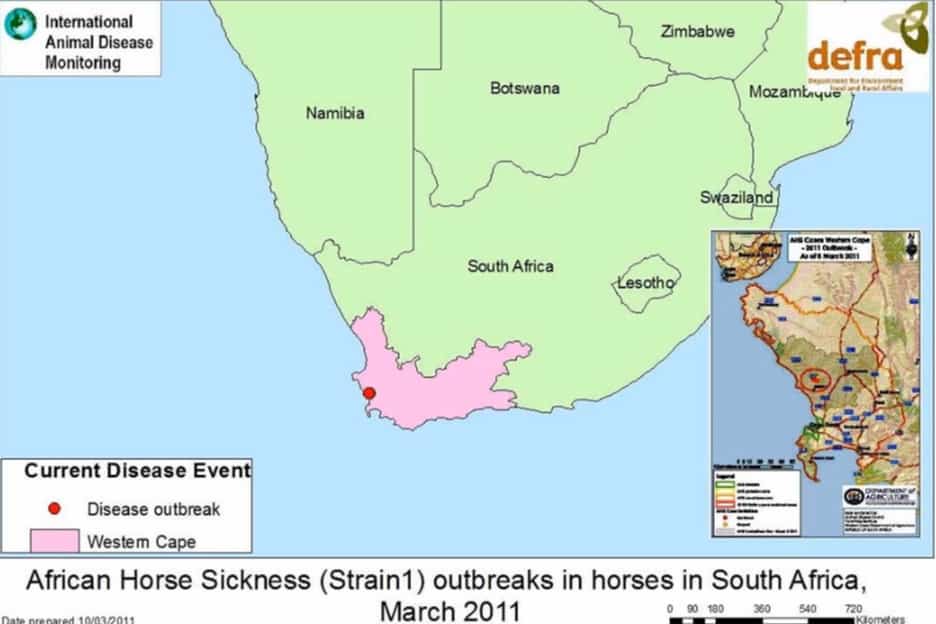
Biosecurity Tip of the Month: Horse-to-Horse Contact
Sick horses are everywhere. Here’s how to keep your horse from picking up diseases via horse-to-horse contact.

Sick horses are everywhere. Here’s how to keep your horse from picking up diseases via horse-to-horse contact.

Learn how to evaluate risk and protect your horse from infectious disease at event facilities.

Dr. Nicola Pusterla shares what horse owners need to know about EHV, its clinical signs, and treatment and prevention methods.

Attendees discussed “dummy” foals, gastric acid suppressant use, and resuscitating foals, among other topics.

While most see hendra virus as a risk, many are not taking precautions to protect themselves or their horses.

Veterinarians are fine-tuning testing, prevention, and treatment methods for equine piroplasmosis.

Governing officials are exploring ways to reduce hurdles for horses crossing country lines.

Your daily grooming regime requires commitment. Its rewards are your horse’s continued well-being and comfort.
The course is designed to review ways to reduce the chance of horses’ contracting infectious diseases.

Disease outbreaks are dangerous to the health of your horses and can be disastrous for your business.
The 2013’s annual Zweig Memorial Trot kicks off with a series of talks on equine health.

Knowledge about handling outbreaks will help ensure the best health possible for all horses involved.

Dr. Peter Timoney of the Gluck Equine Research Center at the University of Kentucky discusses maintaining a balance between the facilitation of international horse movement and mitigation of disease risk.

Dr. Kenneth Lam, executive manager and international veterinary liaison for the Hong Kong Jockey Club, presents ways to protect populations when temporarily moving horses for international competitions.
The new traceability measures could help improve the state’s capacity to respond to animal disease outbreaks.

Dr. Brandy Burgess of Colorado State University answers a reader question about transferring skills from human infection control to a career in equine infection control, noting that many disease prevention concepts are similar between species.
Stay on top of the most recent Horse Health news with
"*" indicates required fields